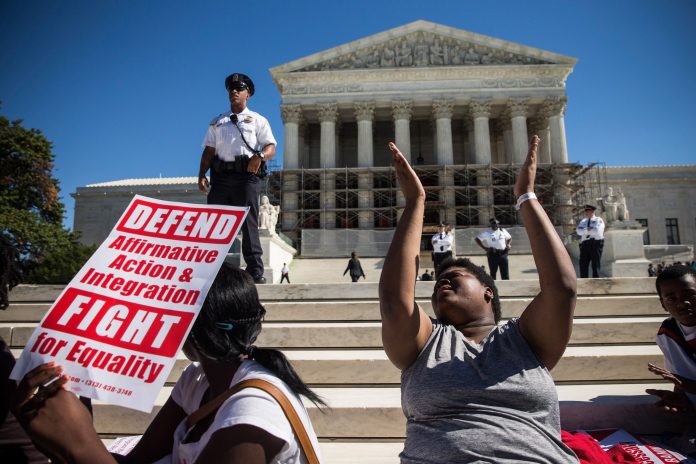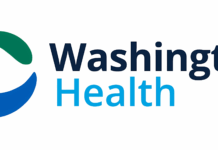Vidya Sethuraman
India Post News Service
The US Supreme Court is poised to rule, before the end of June, on two cases challenging the use of affirmative action in college admissions at Harvard University and the University of North Carolina. Most experts believe that the conservative majority, that holds a 6-3 advantage, will rule against the schools, possibly dismantling a 40-year legal precedent that supports consideration of race in college admissions.
Depending on how the court rules, the impact on diversity in higher education could be significant. Many schools that have for the last 45 years considered race as one factor in their assessment of applicants maintain that this is essential for building a diverse campus. States where affirmative action in college admissions has been banned, like California, have tried other measures to open access to minority students but say that nothing works as well as race-informed affirmative action.
Experts at the EMS briefing on May 26 from some of the top civil rights and college access organizations in the country explained the impact of the impending legal ruling and discussed alternatives to achieving diversity without this important tool.
In October, the Supreme Court heard two cases on the use of affirmative action in college admissions, otherwise known as race-conscious admissions. The Court is expected to issue their decision in June, with many experts predicting that the outcome will severely limit, if not eliminate, the use of race-based affirmative action in college admissions.
Thomas A. Saenz, President and General Counsel of the Mexican American Legal Defense and Educational Fund (MALDEF) pointed out that there are many rumors and misinformation circulating about the possible impact of the judgment. I would say that it would be irresponsible for any institution that does currently use race-conscious affirmative action in admissions not to be preparing for that outcome. Preparing means looking for race-neutral mechanisms to continue to strive to achieve equal opportunity for all applicants. “The fact that they focus on a particular community should not be threatened, as long as they’re open to anyone,” Saenz said.







